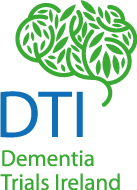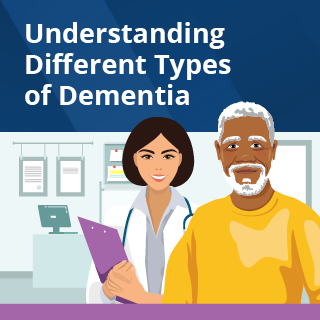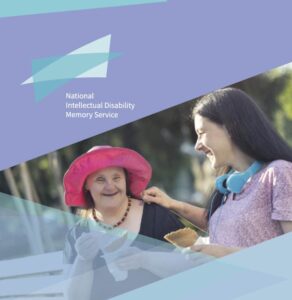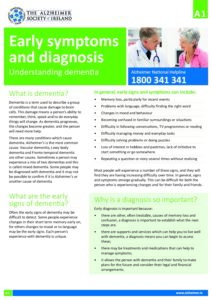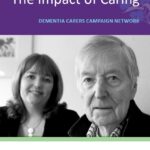
Dementia is not a specific disease but is an umbrella term for a variety of conditions that cause impairment to the brain. Impaired ability can impact one’s ability to remember, think, or make decisions, can affect language and interfere with normal day-to-day responsibilities. Dementia most commonly affects older people; it is not, however, considered a part of normal aging. Though dementia generally involves memory loss, memory loss has different causes. Having memory loss alone doesn’t mean an individual has dementia, although it’s often one of the early signs of the condition.
There are many types of dementia. Alzheimer’s dementia is the most common cause. Vascular dementia, dementia with Lewy bodies and Frontotemporal dementia are other causes. Some people may be diagnosed with dementia and it may not be possible to confirm if it is Alzheimer’s or another cause of dementia. In some instances, a person can present with a mix of types of dementia. Autopsy studies of the brains of older people who had dementia have shown that their dementia may have had several causes, such as Alzheimer’s disease, vascular dementia and Lewy body dementia. Studies are ongoing to determine how having mixed dementia affects symptoms and treatments.
